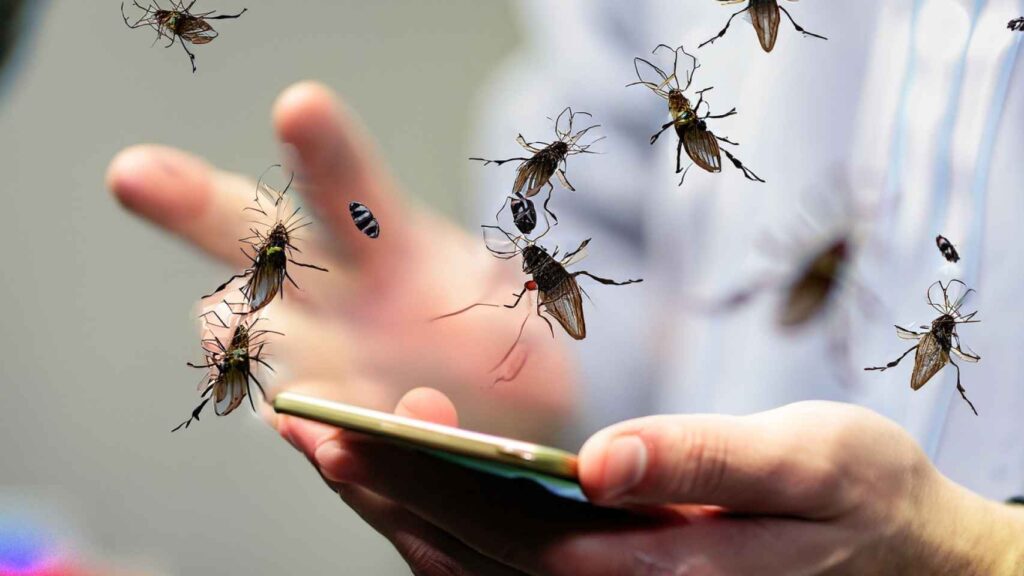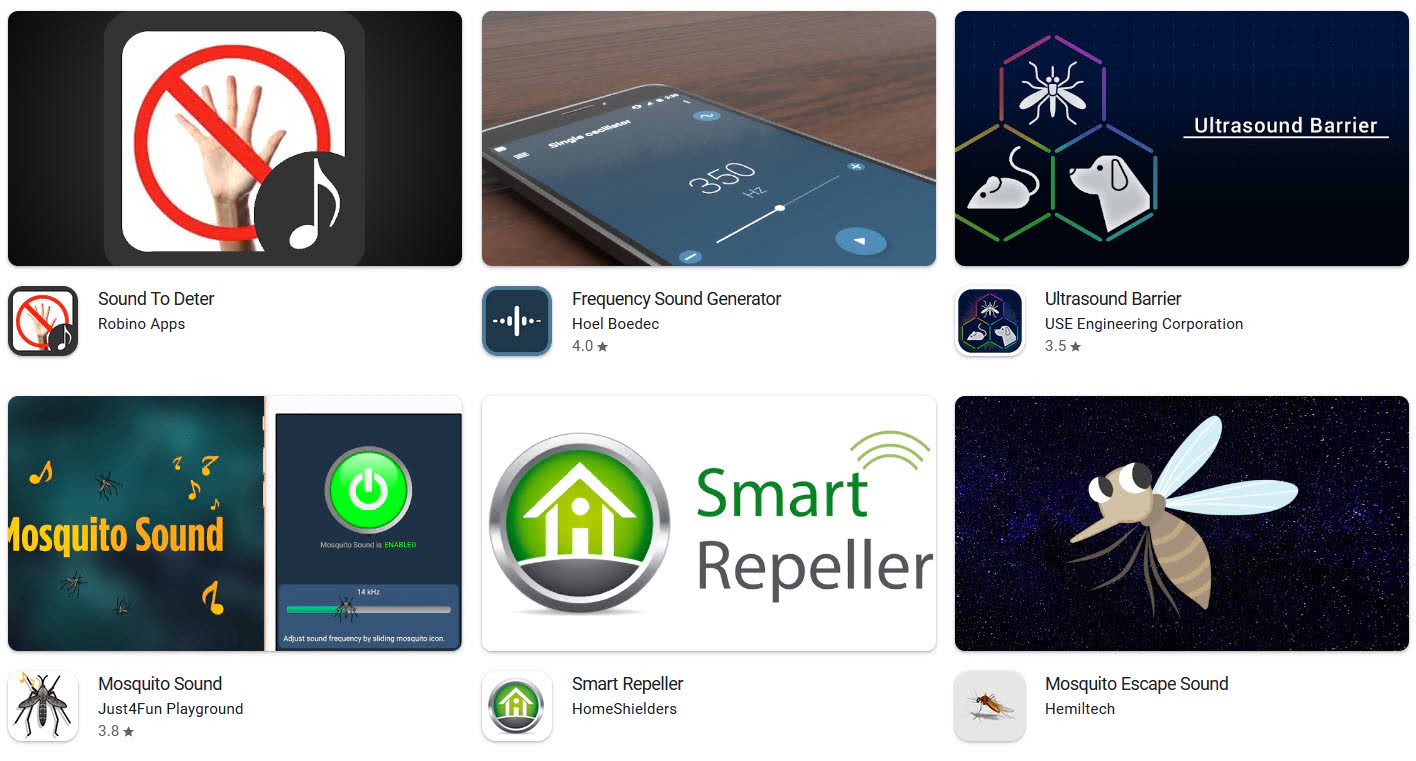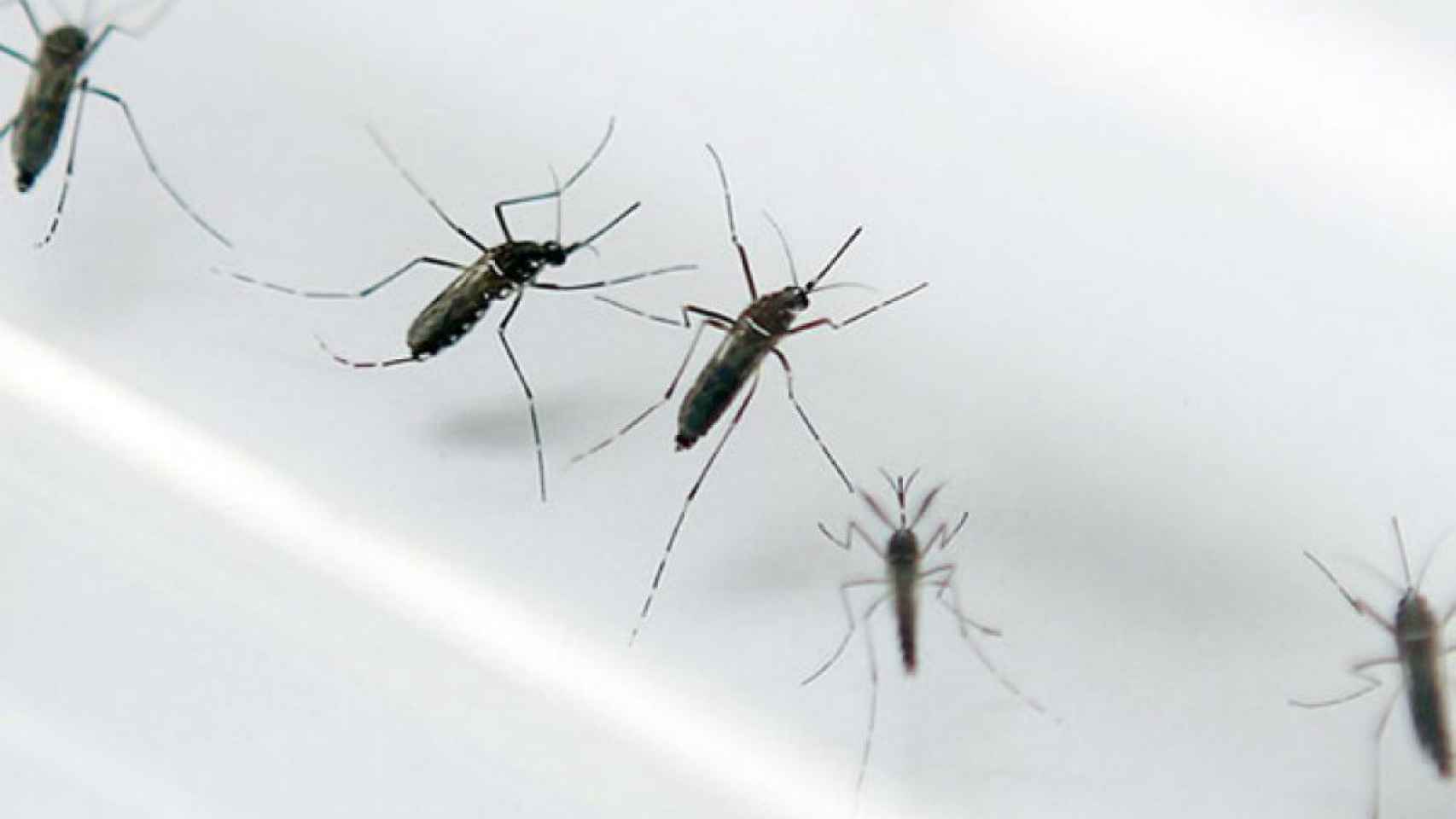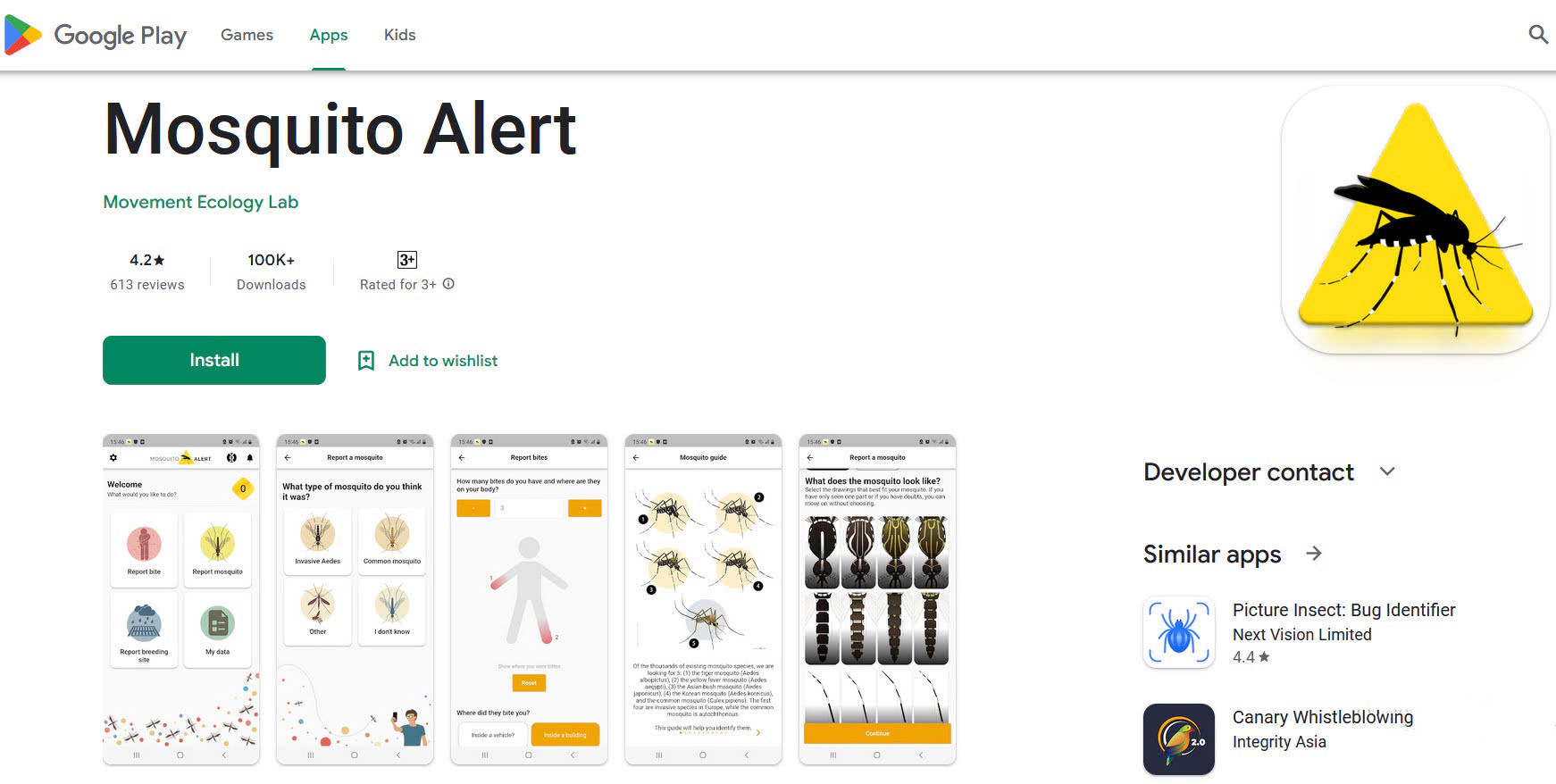Other Technology | June 17, 2023

In the warm months of the year, applications that supposedly repel flies and mosquitoes start to be installed on many mobile devices in Spain. Many people turn to them as a method to combat these insects, but do they really work? This has nothing to do with Mosquito Alert, the app from the Spanish Ministry of Health for reporting tiger mosquito bites and stopping their spread in Spain.
These apps operate by emitting ultrasonic frequencies and other features that vary from one app to another. However, it is challenging to measure the results at a glance, which is something these apps take advantage of.
Are there no mosquitoes because the app is working, or are there none because there are none nearby? It can be difficult to know visually, but science doesn’t deceive.
Spring and summer arrive, bringing flies and mosquitoes with them, perhaps the most commonly encountered and annoying insects in our daily lives. They are not only bothersome due to their bites but also because of the irritation of having them buzzing around the house or office.

There are numerous applications available on Google Play that promise to get rid of these mosquitoes by repelling them with ultrasonic frequencies. It sounds like a good theory, but in practice, it doesn’t work. It’s not because they don’t emit these ultrasonic frequencies, but because mosquitoes and flies simply don’t care and may even become accustomed to these sounds that are imperceptible to the human ear.
This method of repelling insects with ultrasonic frequencies is based on the idea that female mosquitoes are repelled by these sounds, but it is not scientifically proven. In fact, it’s quite the opposite.

Beyond the internet-based tests conducted by amateur videographers, a Cochrane review in 2007 evaluated 10 field studies on ultrasound and insects and determined that there is no evidence to support this theory regarding ultrasonic frequencies.
A few years ago, the OCU (Organization of Consumers and Users) called for the withdrawal of electric mosquito repellents from the market due to their lack of effectiveness. The same applies to mobile applications that promise to have the same effect.
While these applications may not pose a danger to insects, they can be a risk to the security of the mobile device or tablet on which they are installed. The permissions requested by these types of applications are excessive for their intended functions, and there are other concerning factors.
On Google Play, various details about each application can be seen, such as the data it shares with third parties, the data it collects from the device on which it is installed, and its security practices.

Upon examining several of these applications, we found that they request a series of intrusive permissions. These are apps whose sole purpose is to emit ultrasonic frequencies, so there is no need for them to request such permissions.
Some examples include accessing photos and videos on the device or accessing precise location information. When combined with the fact that some of these apps do not encrypt data and may share this information with third parties, they do not appear to be very trustworthy.
It is important to check the permissions and information collected by these types of applications, just as it is with joke applications that imitate objects like flashlights, hair clippers, and so on. There are instances, like this one, where there may be malicious intentions behind these types of apps.